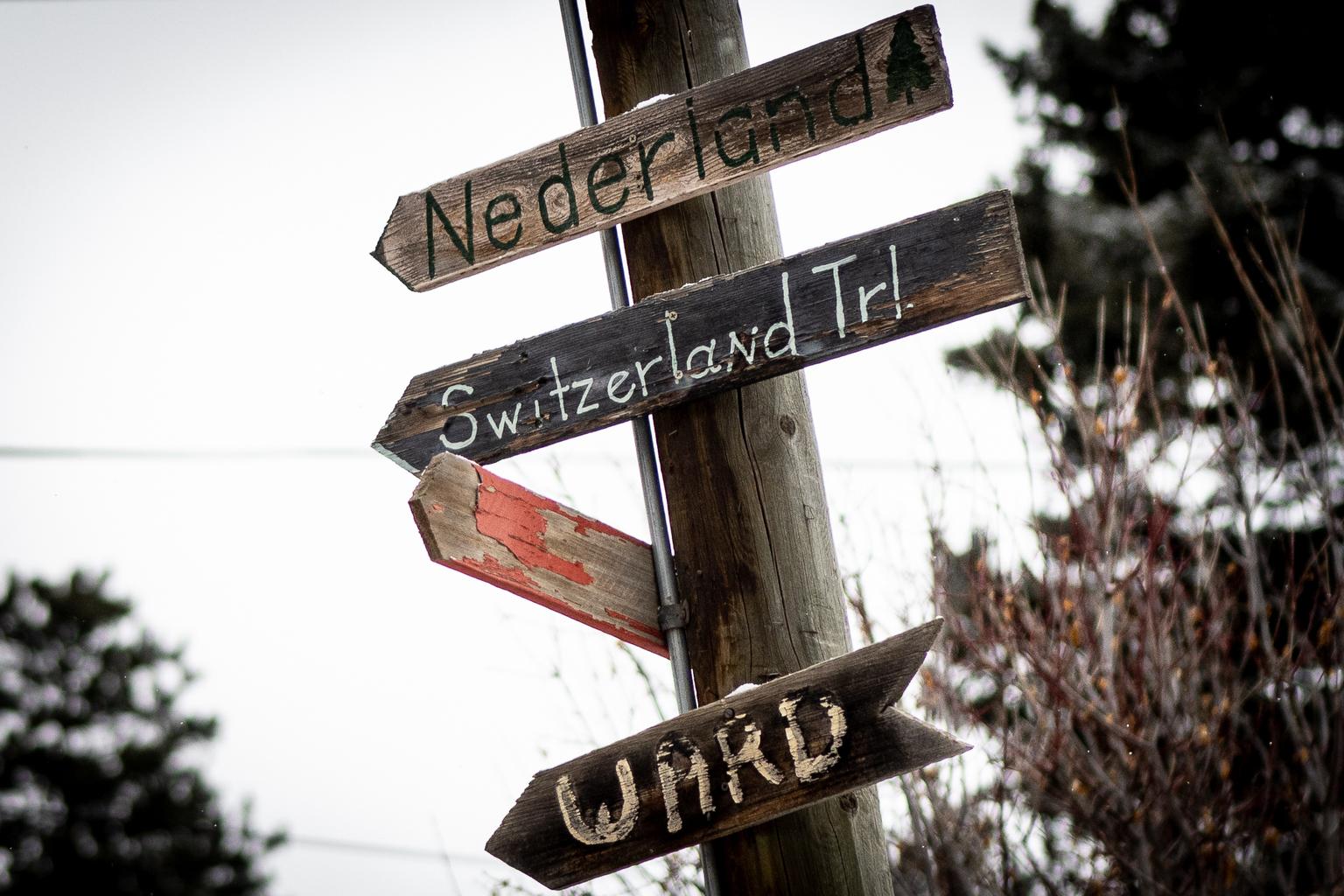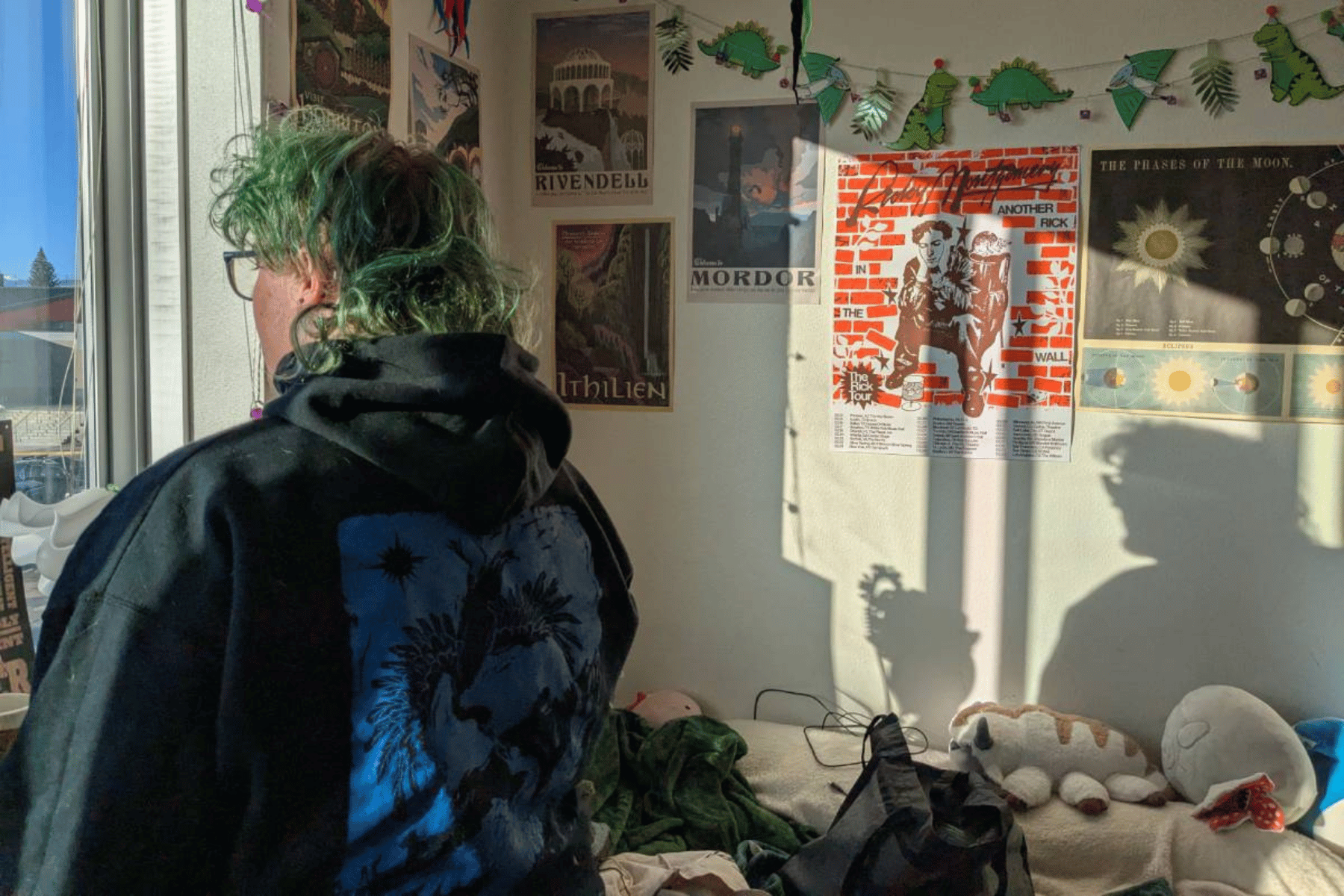
Most of the statewide programs that get operational money from the cultural organization Colorado Humanities will likely have to cease operations as the organization deals with a severe cut to its budget, prompted by actions from the Trump administration.
The organization’s $1.2 million annual budget has been cut by 80 percent after the Trump administration made sweeping cuts this month to funding for the National Endowment for the Humanities. Colorado Humanities gets about 80 percent of its funding from the endowment.
On April 2, Michael McDonald, acting chairman of the National Endowment for the Humanities sent a notice of grant termination to the head of Colorado Humanities and organizations like it around the country, stating: “Your grant no longer effectuates the agency’s needs and priorities." (All of Colorado’s 56 local humanities councils received the same notice, according to the Colorado Humanities website.)
The letter adds some explanatory language many federal agencies and workers have seen in some version in the past few months as Trump and members of his administration make sweeping cuts across the nation: “The President’s February 19, 2025, executive order mandates that the NEH eliminate all non-statutorily required activities and functions.”
Since the bulk of the budget comes from the NEH, that leaves Colorado Humanities with only about $200,000 – nowhere near enough to carry out planned educational and cultural programming.
“This year alone, there was almost 80 organizations in Colorado who received funding in some form or another from NEH,” said Sarah Olivier, associate director of Colorado Humanities, in an interview Friday. “They may have gotten [their funding check] this year already, but a lot have not. And if they didn't get it before last Wednesday, they're not going to get it. So this is a huge impact to our cultural and educational infrastructure in our state.”
Some programming now in peril includes the Black History Live tour, which made more than a dozen stops around the state, including one at a Denver library in early February; and the Smithsonian exhibit "Crossroads: Change in Rural America" which made 10 stops around Colorado through its Museum on Main Street program.

The cut puts every staffer and program in an instant crisis of continuity: “We're looking at facing imminent closure in the next couple of months due to the loss of our NEH funding,” Olivier said. “And of course, we are trying all avenues to replace that funding, but if we don't, then we will have to close our doors.”
She said they’ve been doing some online fundraising; on Friday donations via a link on Colorado Humanities’ website had brought in about $1,500.
Last week, when the 12 staffers at the Littleton-based office found out that their jobs would likely disappear, along with the work they do, they took it hard.
“We are all watching the news and we're seeing [the Department of Government Efficiency] go through and dismantle so many different federal agencies. And once we knew that DOGE was looking at NEH, we were all bracing ourselves for something like this,” Olivier said. “And so when the news hit, I wouldn't say that we were shocked, but definitely it's extremely upsetting. I feel angry, I feel sad. I'm grieving the loss of it not just for us and our staff, but for people in Colorado and people all across our country who are going to lose a lot of really crucial educational and cultural resources.”
A member of her team had been heading up some programming based on creating conversations – but it looks like that will be silenced.
“My programs are pretty much fully funded by the NEH, so with them cutting back, I am not working with anything anymore,” said LaNaya Butler, conversations coordinator at Colorado Humanities. Her job is to come up with topics and ways to get about 20 people at a time talking about some issues, looking at it from a range of angles and perspectives, often in a space set up for conversation.

Some topics have focused on how rural Colorado is changing when newcomers arrive; LGBTQ+ topics; community commercial building space use; and Latino/a heritage issues.
“Oftentimes, we have lots of librarians take the training,” Butler said of special training she’s been offering in how to have a conversion in a reflective way. “So a lot of our conversations happen in libraries.”
Now, she’s not sure how much longer she’ll have a job, or even a place to show up — funds from the grant covered not only her conversations project but rent on their workspace as well.
“I think it was just a blow to my life's work because I'm very passionate about what I do,” Butler said. “We get to go all around the state, and so I get to meet professors, mayors, community leaders and things like that … and so it's just been really hard, honestly, to deal with.”
At least one of the programs Colorado Humanities is known for will still happen — its funding was either from elsewhere or already is in hand, Olivier said.

“In some cases, we have other grant money or other funds from other sources that are allocated or restricted to those programs. So that would include the Colorado Book Awards Ceremony, which recognizes authors all throughout our state,” she said. That event will still be held on July 26 at the Opera House Studio Loft.
It’s one of few safe programs; another that won’t be impacted is an author talk with Ana Crespo at the Denver Botanic Gardens later in April.
“But these are the kinds of programs that after July,” Olivier said, “if we don't replace that NEH funding, these programs will not continue to happen.”









